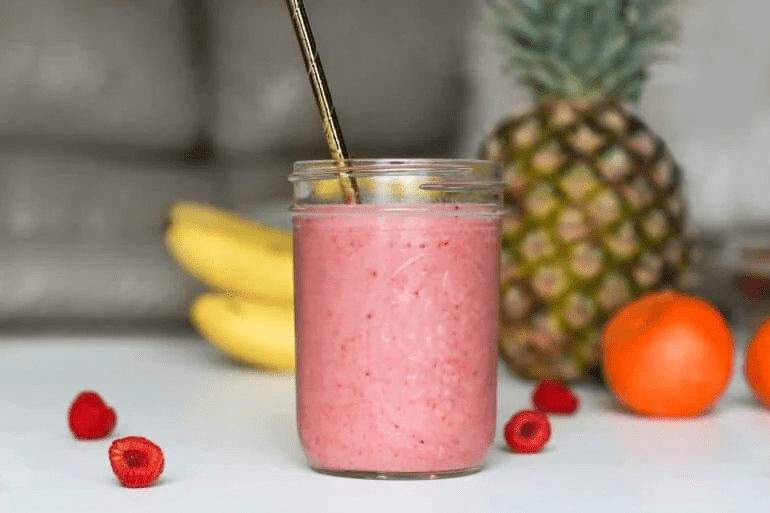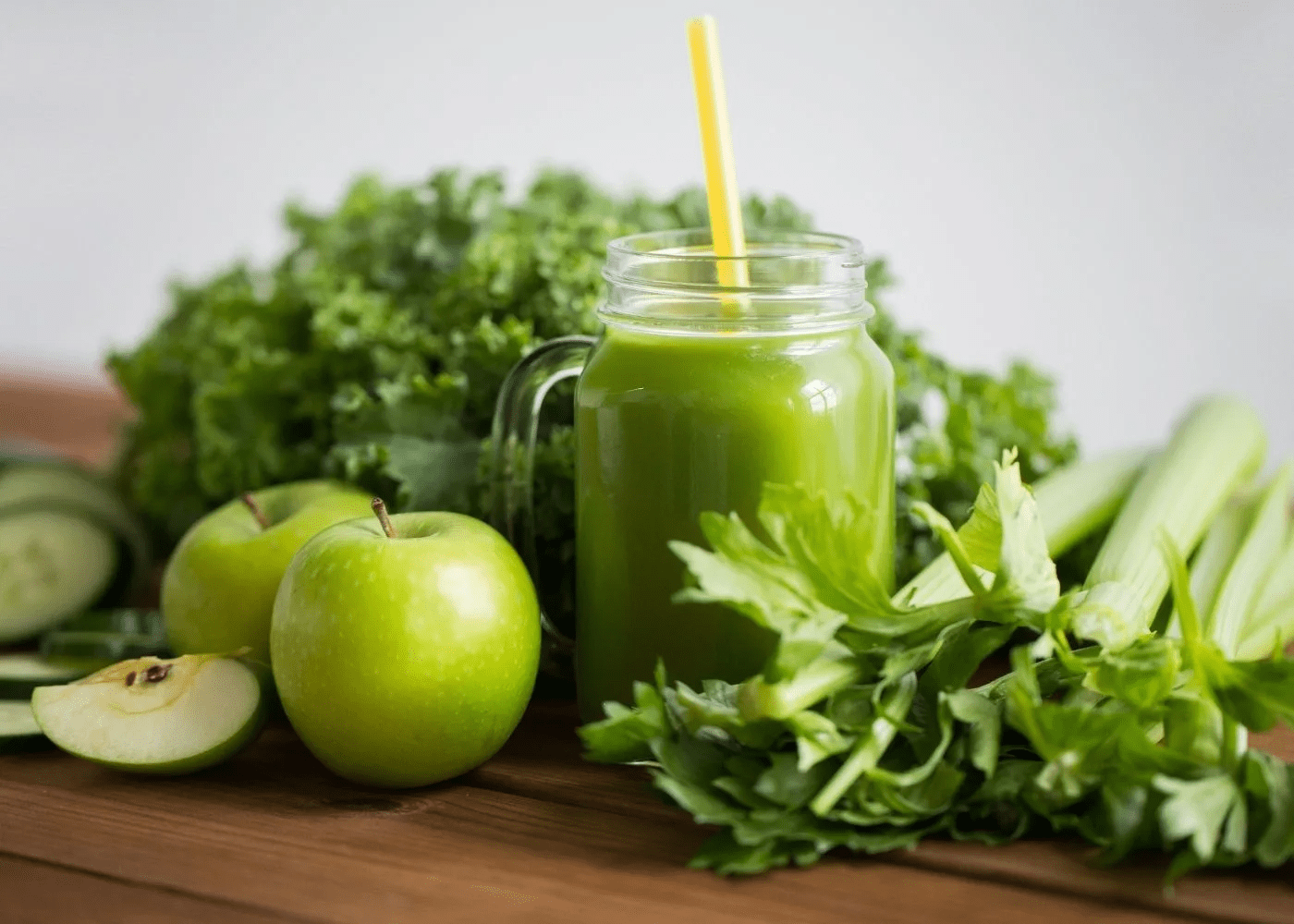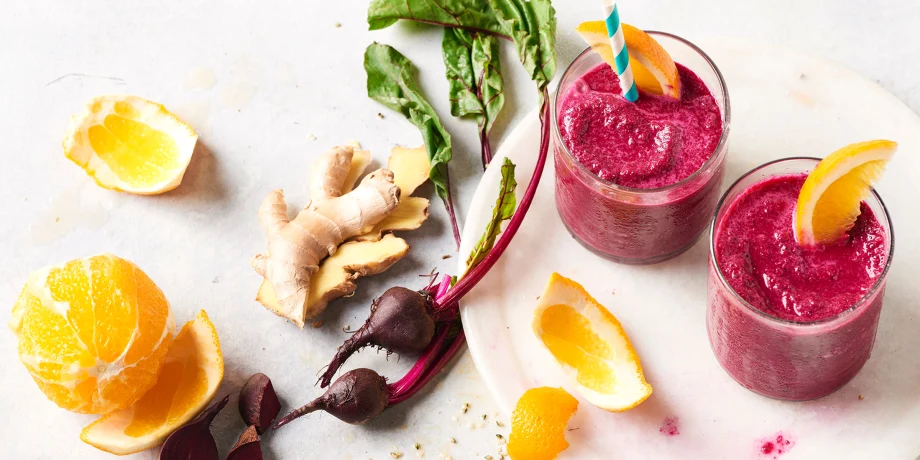A juice diet, also known as a juice cleanse or juice fast, has gained popularity as a weight loss and detoxification method. Individuals aim to cleanse their bodies, boost nutrient intake, and shed excess pounds by consuming only fresh fruit and vegetable juices for a specific period. One of the key benefits of a juice diet is its potential to help control appetite, allowing individuals to manage their caloric intake and achieve weight loss goals. This article will explore various tips and tricks for successfully using a juice diet to control appetite and support effective weight loss.
Include Fiber-Rich Ingredients

When embarking on a juice diet, including fiber-rich ingredients in your juices is crucial. Fiber plays a vital role in appetite control as it adds bulk to the diet, promotes feelings of fullness, and slows down digestion. Fruits and vegetables such as apples, pears, berries, leafy greens, and celery are excellent sources of dietary fiber. Incorporating these ingredients into your juices can enhance satiety and reduce the likelihood of overeating.
Opt for Green Juices
Green juices, made primarily from leafy greens such as spinach, kale, and cucumber, are ideal for appetite control during a juice diet. These vegetables are low in calories and rich in essential nutrients. Green juices provide a high volume of juice with relatively fewer calories, allowing you to consume more liquid while managing your caloric intake. The abundance of vitamins, minerals, and antioxidants in green juices also helps nourish the body while supporting weight loss.
Don’t Exclude Protein

While juice diets typically focus on fruit and vegetable juices, it is important not to neglect protein during this period. Protein is an essential macronutrient that contributes to satiety and helps maintain muscle mass. Including protein-rich ingredients such as almond milk, hemp seeds, or a high-quality protein powder in your juices can help control appetite and provide the necessary amino acids for the body. Protein helps you feel fuller for longer and supports the body’s repair and recovery processes.
Practice Mindful Eating
Although a juice diet involves consuming liquids, it is still important to practice mindful eating. Slow down and savor each sip of your juice, paying attention to the flavors, textures, and sensations. By practicing mindfulness, you become more aware of your body’s signals of hunger and fullness, allowing you to eat in response to genuine hunger rather than emotional or external cues. Mindful eating helps prevent overeating and promotes a healthier relationship with food.
Stay Hydrated
Hydration is key to appetite control and overall well-being. Often, we mistake thirst for hunger, leading to unnecessary snacking or overeating. During a juice diet, it is essential to stay properly hydrated by drinking plenty of water in addition to the juices. Water helps fill your stomach, reduce cravings, and keep you feeling satisfied. Aim to drink at least 8 cups of water daily to support appetite control and optimize the benefits of your juice diet.
Be Mindful of Nutrient Balance
While a juice diet can be beneficial for weight loss, it is important to maintain a balanced nutrient intake. Juices alone may not provide all the essential nutrients your body needs for optimal functioning. To ensure a well-rounded nutrient intake, consider incorporating other healthy habits into your routine, such as whole fruits and vegetables, nuts, seeds, and lean proteins. This approach will help you meet your nutritional requirements while managing your appetite.
Consult a Healthcare Professional
Before starting a juice diet or making any significant changes to your diet, it is always advisable to consult with a healthcare professional, especially if you have any underlying health conditions or are taking medications. They can provide personalized guidance and ensure a juice diet aligns with your needs and goals.
Conclusion
A juice diet can be an effective strategy for weight loss, and when combined with proper appetite control techniques, it can yield successful results. By including fiber-rich ingredients, opting for green juices, incorporating protein, practicing mindful eating, staying hydrated, ensuring nutrient balance, and seeking professional advice, you can maximize the benefits of a juice diet while effectively managing your appetite. Remember that a juice diet is not a long-term solution and should be followed for a specific period with the guidance of a healthcare professional. With the right approach, a juice diet can kickstart your weight loss journey and set you on the path to a healthier lifestyle.






